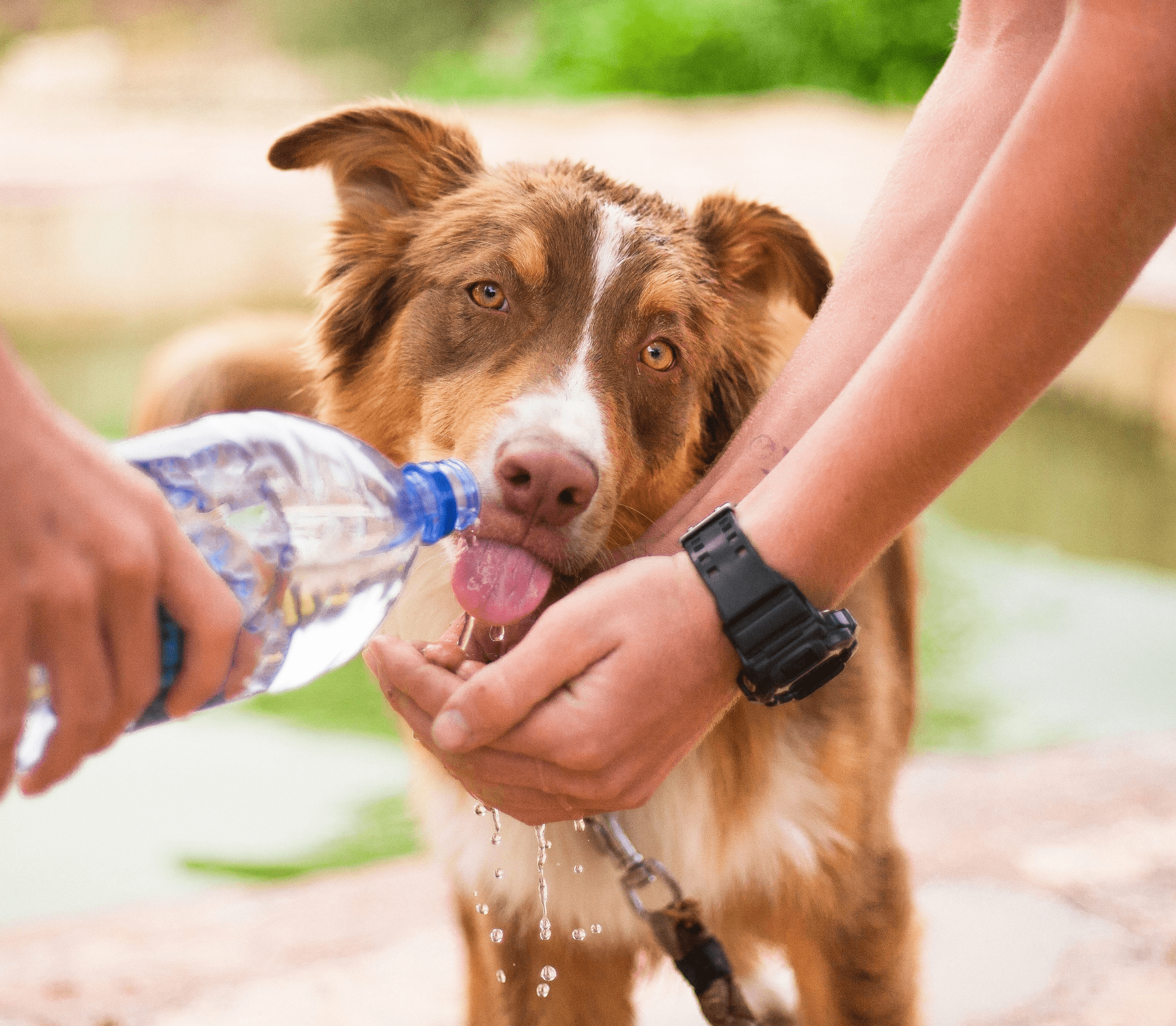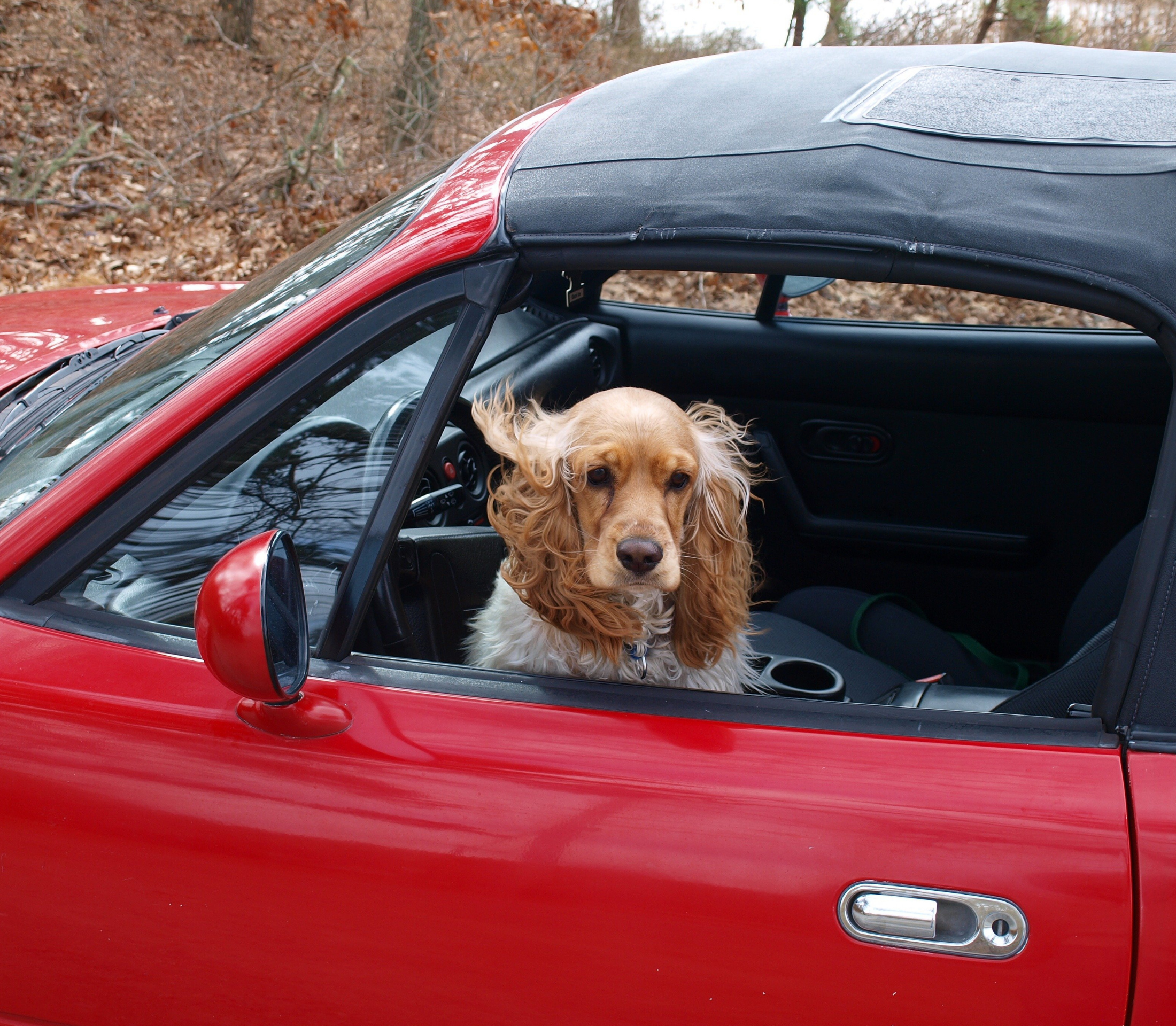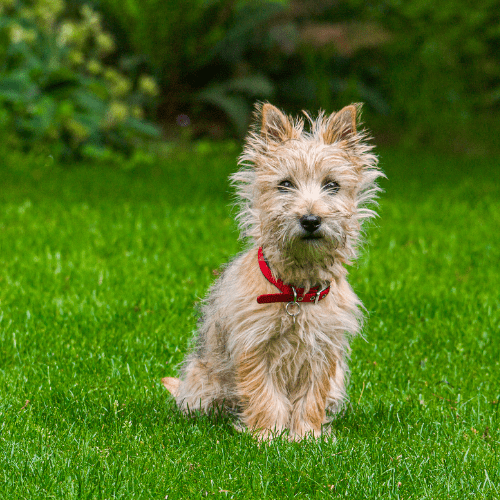Walk Your Dog Day
One of Fido’s favorite holidays is coming up. February 22 nd is Walk Your Dog Day! While all of our canine patients are different, they all do benefit from daily walks. Those strolls are important for many reasons, aside from sanitary purposes. For one thing, the activity will be great for your dog physically. Your pooch will also benefit from the mental stimulation, fresh air, change of scenery, and, of course, quality time with his favorite human. A Washington DC vet offers some tips on taking your pup for a stroll below.
Lunging
Does your pooch have a habit of yanking on his leash whenever he spots a squirrel? This can be both frustrating and dangerous. One way to break this bad habit is to just immediately change direction whenever Fido jerks the leash. Training will get tiring, but eventually, your furry pal will figure out that pulling doesn’t actually help him accomplish anything.
Safety Tips
Always put safety first and foremost. If you want to listen to music or podcasts, either keep one earbud out or keep the volume down low. It’s important to hear what’s going on around you, and be aware of things like brakes squealing or people shouting. If you’re walking on the side of a road, keep Fido to the outside, as he is shorter and harder to see. Finally, don’t let your dog get in front of you when you’re crossing driveways or intersections.
Night Walks
When walking Fido after dark, use reflective gear on your furry friend, and wear pale, reflective clothing yourself. Bringing a phone along is a good idea. We also recommend sticking to brightly-lit, safe paths, and keeping nighttime walks short and sweet.
Paw Care
Don’t forget that your canine pal is going around barefoot … or, technically, bare-pawed. In summer, Fido can get painful burns and blisters by walking or running on hot surfaces. In winter, snow, salt, sand, ice, and de-icing products can all do a number on those furry feet. Overgrown nails are also an issue, as they often get snagged on things. Keep Fido’s nails clipped, and use paw balm to protect and moisturize his paws. Also, pay attention to the terrain. Steer your pet around potential hazards, like broken glass.
Please reach out to us, your Washington DC vet clinic, for all of your pet’s veterinary care needs. We’re here to help!



